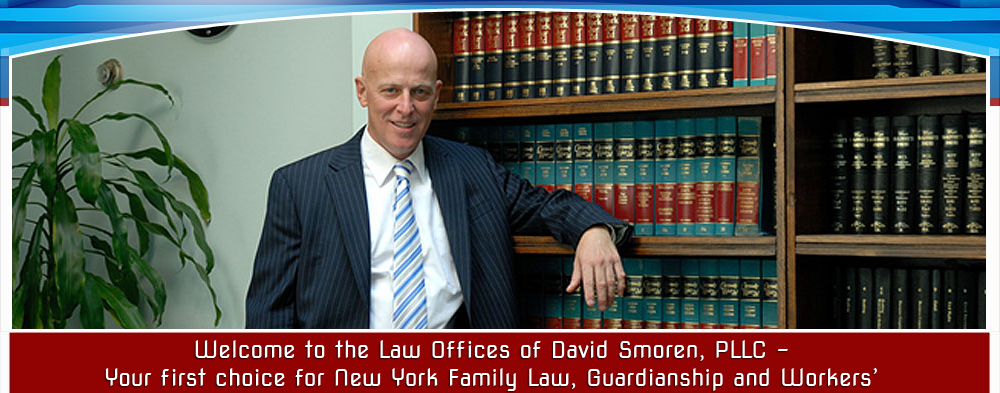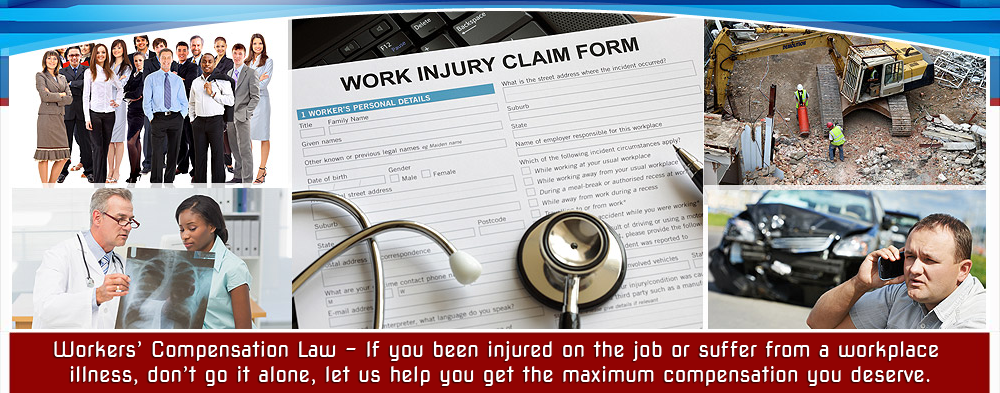Denial of Claims & Appeals
Workers’ compensation claims, even with certain presumptions in favor of the worker, are sometimes denied by the administrative law judge. New claims can be denied outright, entitling the worker to no benefits at all. This harsh remedy can occur when, for example, the employer prevails in demonstrating that that no workplace accident or illness exists, lack of notice to the employer, an untimely claim, or when it is demonstrated that the worker is not an employee as defined under the law. These are typical defenses raised by an employer against a new claim.
A denial of claim can also occur in matters where the worker has otherwise established his or her right to workers’ compensation benefits. This is not an outright denial of benefits as discussed above, but a decision in favor of the employer as to some important issue in an ongoing claim for benefits. An example of some of the typical issues in an otherwise established case that can result in an adverse ruling are:
- Average Weekly Wage – The employer demonstrates that the claimant earned less than what was claimed. This can result in a significant reduction of cash benefits over the life of the claim.
- Percentage of Temporary or Permanent Disability – The employer demonstrates that the worker has no further disability or a lesser percentage of disability than the treating physician claims or that no permanent disability exits. This can result in a significant loss of combined benefits over the life of the claim.
- Compensable Lost Time – The employer demonstrates that the worker is only entitled to cash benefits for a certain period of time. The can result in a total loss of weekly cash benefits and is usually the result of the lack of proper medical documentation to support an ongoing disability.
- Consequential Injuries – The employer demonstrates that an additional injury is not causally related to the primary workplace injury or illness. This can result in a significant loss of combined benefits over the life of the claim.
- Attachment to the Labor Market – The employer demonstrates that the worker has failed to seek employment that he or she is capable of performing. This issue is typically raised by the employer when the treating doctor has stated that the percentage of disability is less than 100 percent or there is a judicial finding of same. This can result in a loss of weekly cash benefits, but not medical care.
The above examples illustrate vital issues that are routinely raised and litigated by the employer when they seek to deny a claim or reduce their liability. The judge generally makes a carefully considered ruling on the facts and law. The above issues are decided after both sides (the employer and the employee) have had an opportunity to develop their respective positions on the disputed issue and present their case at trial. If a medical issue such as the degree of disability is at issue, both sides are allowed to question the treating physician and the insurance company doctor as to how they determined their respective and often differing medical opinions.
At trial, both sides (to the extent allowed by the judge) have the right to present documentary evidence, witness testimony and deposition transcripts to support their position. After presentation of all the evidence, the judge will make an immediate ruling or reserve his or her decision for a future date.
APPEALS
After the judge renders the decision on the disputed issue, both the claimant and the employer have the right to appeal the decision if either side believes the judge’s decision is wrong. This appeal process is called an application for board review.
The appeal must be filed within 30 days from the adverse decision and must be reduced to writing, specifying the grounds for review and reference to that part of the record relevant to issues or grounds raised. The record can contain the recorded transcript of the testimony, the deposition transcript and any other document that was introduced by a party at trial or otherwise contained in the board file. The non-appealing party is considered the responding party, and upon proper notice of the appeal, should respond to the appeal by filing a written rebuttal requesting that the underlying decision be upheld. This rebuttal should be filed within 30 days from the date of the appeal and also refer to and discuss both the underlying record as well as relevant issues.
The application for board review will be decided by a 3-member board panel. Its decision is typically based upon the written record without the introduction of new evidence or testimony. The appeal process is not quick; it is not unusual to wait up to one year before a decision is rendered. This can have devastating effects on a claimant, as the employer does not have to pay weekly benefits while the case is being reviewed. Upon review, the panel will issue a written decision that may affirm, modify, reverse or rescind any decision or award.
If either party is unhappy with the 3-member panel decision they are entitled to request a further review of the appeal from the full board which consists of all 13 commissioners. The full board has the discretion to deny a request for review unless the 3-panel decision contains a dissenting opinion.
If either party is not happy with the decision of the full board they have the right to file a notice of appeal with the New York State Supreme Court – Appellate Division – Third Judicial Department. Beyond this, they can ultimately request an appeal to the New York State Court of Appeals, which is the highest court in the state. All appeals are subject to time limitations which must be adhered to.
While the parties have numerous opportunities to appeal an unfavorable decision, most appeals however, don’t go past a request for full board review.
As demonstrated above, there are many issues involving a claim for workers’ compensation benefits that can become contested between the employer and the worker which have to be ultimately resolved through a trial and perhaps an appeal.
From a claimant’s perspective appeals should be avoided at all costs. A claimant should strive from the beginning to have the initial case established immediately upon filing the claim. If that is not possible, it is important that a claimant address all of the contested issues with proper evidence at the first hearing. By being prepared, a trial can be avoided as well as a potential appeal. This is not always easy to accomplish by the employee acting on his or her own without an attorney. An experienced attorney can assist the claimant with this process from start to finish.
Don’t wait until you receive a bad decision to retain an attorney. The time to establish a successful case starts from the beginning of the claim. If you have suffered an unfortunate accident at work, or have been the victim of a medical condition caused from the nature of your job, you may be entitled to significant compensation from your employer or other responsible party. Don’t go it alone, The Law Offices of David Smoren, PLLC has the expertise and resources to file and prosecute a successful workers’ compensation claim on your behalf. Employers have attorneys protecting their rights and so should you.
The Law Offices of David Smoren, PLLC has successfully handled hundreds of workers’ compensation claims resulting in millions of dollars in compensation and medical benefits for our clients. There is never a fee unless we are successful in recovering benefits for you. Call 718 225-6700 today for a free phone consultation or to arrange for an office or in home consultation or simply post a comment or question on the contact form.









